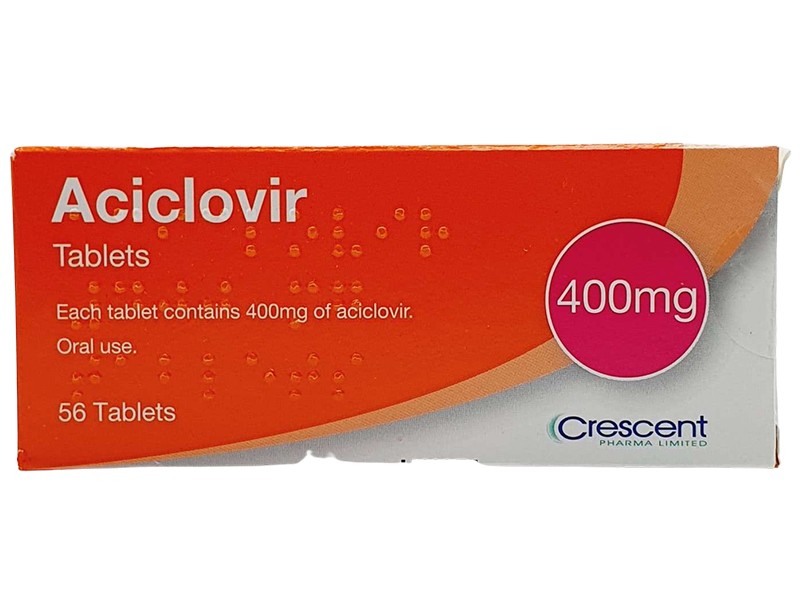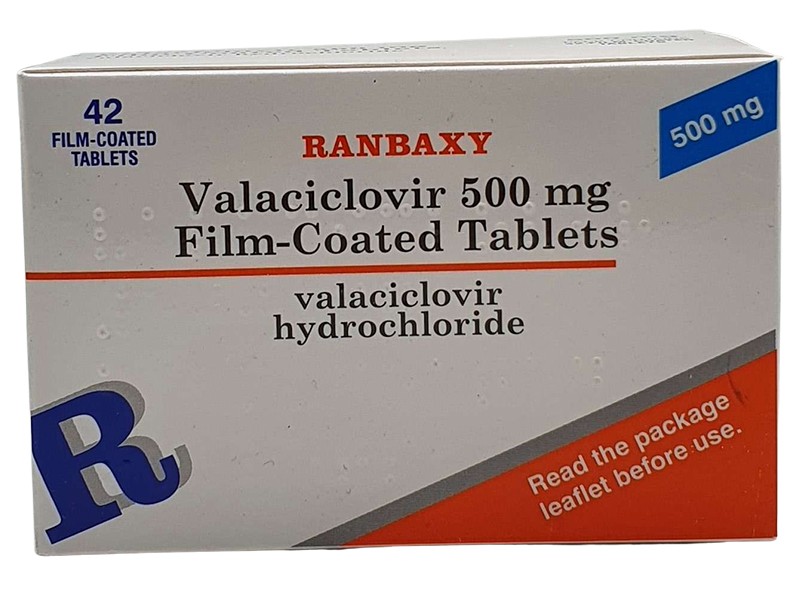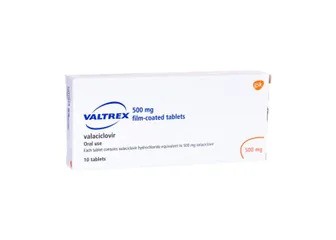What are cold sores?
Cold sores are small fluid filled blisters that appear on parts of the face, usually around the lips and mouth. Cold sores have several typical stages of progression:
- Stage 1 -you will feel a tingling, itching or burning feeling
- Stage 2 -small fluid filled blister(s) appear
- Stage 3 -blisters will burst and scab over
- Stage 4 -scabs will slowly heal until the cold sore is no longer visible
For most people, cold sores will begin to heal within ten days and often don’t require treatment. For some people, cold sores can be bigger than normal or take longer to heal than expected, in these cases it may be appropriate to seek treatment.
How do you catch cold sores?
Cold sores are caused by a virus called the herpes simplex virus (HSV). This virus is very common, in 2012 it was estimated that 67% of the world’s population were infected with this virus. The virus is caught by coming into contact with other people with an active infection. This is often during childhood when children come into close contact through activities such as play.
For most of your life, the virus will lie dormant in your skin, suppressed by your immune system. Occasionally the virus will reactivate causing a cold sore. This is often when your immune system is temporarily weakened, by example through stress or illness.
As cold sores are caused by a viral infection which currently can’t be cured, many people will experience repeated cold sores. This is because the virus repeats the cycle of reactivation over and over again.
When are cold sores contagious?
Cold sores are contagious as soon as you feel a tingling, itching or burning sensation on your face, until the blister has burst, scabbed over and fully healed.
If you or your child has a cold sore, it is a good idea to avoid sharing eating utensils, drinking bottles or other items that regularly come into contact with your mouth and face. You should also avoid touching the cold sore directly and regularly wash your hands – this will help prevent the virus from being passed from one person to another.
Cold sores and genital herpes
The virus which causes cold sores can also be transmitted to the genitals and anus, potentially causing genital herpes, but this is not as common. If you are worried, you should avoid touching your cold sores with your hands, regularly wash your hands and consider treating your cold sore with an oral medicine or cream.
You should not engage in oral sex while you have a cold sore as this can increase the risk of passing the virus to a partner. You should also use a condom during sex as this can reduce your risk of contracting or passing on HSV infection of the genitals.
When do cold sores need treatment?
Most cold sores will not require treatment and cold sores are very common, particularly in children.
However, some people may experience particularly large, painful or prolonged cold sores and in these scenarios, treatment may be appropriate. Treatment can be discussed with your GP, Pharmacist or accessed online through a registered online Doctor and Pharmacy service.





